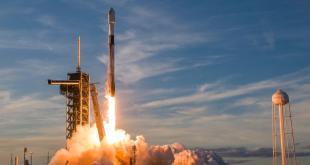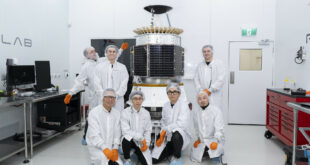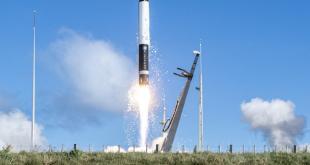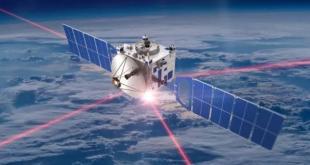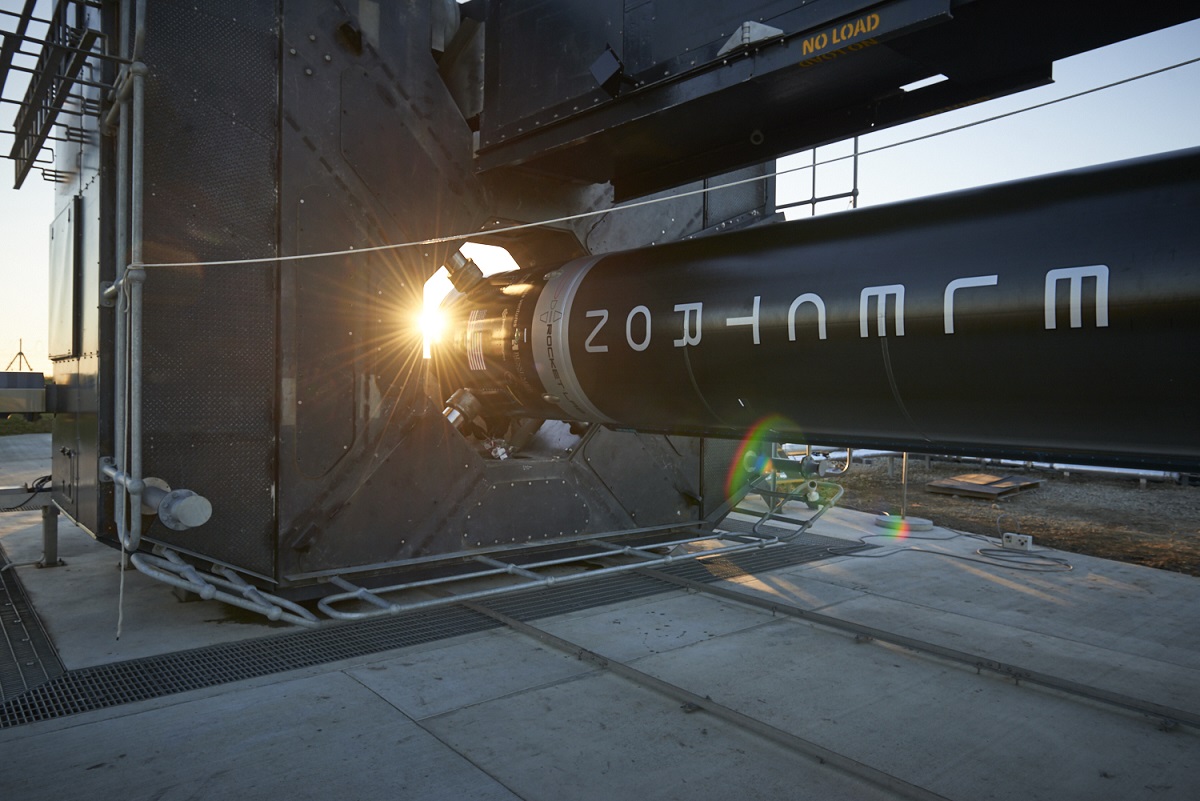
Ibadan, 13 November 2023. – Rocket Lab USA, Inc. has announced it has set a return-to-launch window for its Electron launch vehicle. As a result, the Company will return with a dedicated Electron mission for Japan-based Earth imaging company iQPS (Institute for Q-shu Pioneers of Space, Inc.) during a launch window which opens on November 28th, 2023 and extends into December.
The resumption of Electron launches comes as Rocket Lab approaches the conclusion of an extensive review into the cause of the anomaly that resulted in the loss of its 41st Electron mission launched on September 19th, 2023. The investigation findings indicated that an unexpected electrical arc occurred within the power supply system that provides high voltage to the Rutherford engine’s motor controllers. This resulted in shorting the battery packs that power the launch vehicle’s second stage.
The investigation team consequently determined that the arc was likely only made possible by the rare interaction of multiple conditions. Any of these factors on their own would likely not have caused the failure of the second stage, but when they occur simultaneously in the low-pressure environment of space, they reach the threshold dictated by Paschen’s Law for an arc to form and travel.
To ensure the fault does not reoccur, Rocket Lab is implementing two vital corrective measures — one designed to improve testing on the ground and another to eliminate the possibility of comparable arcs occurring in flight should similar faults evade the new enhanced testing process. Furthermore, Rocket Lab has modified Electron’s battery frame section to enable it to maintain optimum gaseous pressure from launch through to stage separation from Electron’s Kick Stage.


